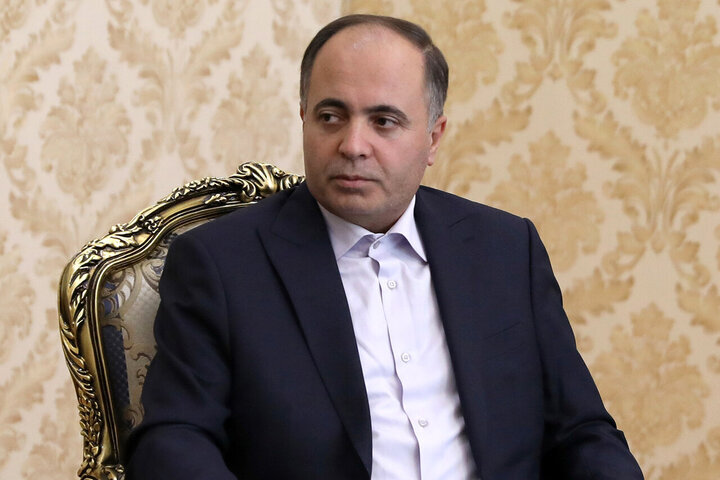Iranian Minister of Agriculture Gholamreza Nouri Ghezeljeh said that Islamic Republic of Iran and Tanzania will strengthen cooperation in the field of livestock industry.
The two countries enjoy high capacities and potentials to expand their cooperation in the livestock industry, he said, emphasizing that cooperation between Iran and Tanzania will be strengthened in the fields of livestock inputs, animal husbandry industry and tropical products.
Iranian minister of agriculture, who has travelled to Dar es Salaam for participating in 5th Iran-Tanzania Joint Economic Commission, pointed to the topics of cooperation discussed between the two countries and added organizing 5th Iran-Tanzania Joint Economic Cooperation Commission will pave suitable ways for the two countries to expand their cooperation in the aforementioned fields.
According to the scheduled programs, the two countries will ink 11 memoranda of understanding (MoUs) to bolster bilateral cooperation in the fields of animal husbandry industry and tropical products.
Iran has also high capability in exporting the technical and engineering services to Tanzania, Nouri said, noting that Iran can help Tanzania in the fields of exporting gas, petrochemical, agriculture and also transfer of technical know-how and knowledge to this African country.
It is hoped that the cooperation between Iran and Tanzania will be further expanded in the fields of animal husbandry industry in particular, the agriculture minister added.
This agreement has various goals such as elimination of double taxation in the two countries, attraction of direct investment, further development of economic relations and expansion of tax cooperation between the two countries, exchange of information to promote transparency in the tax behaviour of the parties, assistance in tax collection, and the provision of facilities. MEHR News Agency






